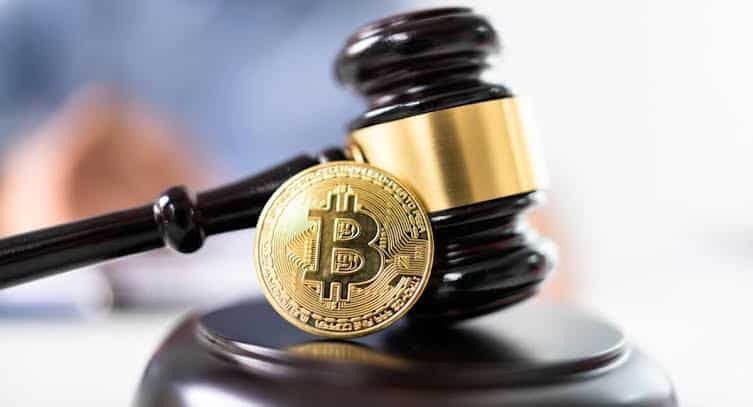The US Supreme Court has handed down a ruling that many believe will significantly alter the regulatory landscape for US crypto firms. This decision has been met with widespread approval from US crypto firms, which have long sought clearer regulatory guidance.
The Supreme Court has significantly limited the SEC’s capacity to implement anti-fraud laws and impose civil penalties on offenders. This ruling is a monumental development for US crypto firms, fundamentally altering the regulatory landscape for cryptocurrencies and Web3.
Joshua Simmons, a partner at Wiley Rein and an adjunct professor at the University of Virginia School of Law, described the ruling as a “game changer” for the cryptocurrency sector.
“The decision takes away the deference that agencies had,” Simmons said to news sources.
In the past, the SEC wielded significant authority over cryptocurrency and Web3-related decisions, enforcing stringent regulations on companies such as Ripple Labs and Binance. However, this power has now been substantially reduced.
Moreover, the recent Supreme Court ruling in Loper Bright vs. Raimondo has further transformed the regulatory framework for cryptocurrencies. The 6-3 decision determined that US courts can no longer defer to federal agencies when interpreting ambiguous laws.
These Supreme Court decisions are likely to influence how Congress approaches reforming crypto and Web3 regulations. The industry, which has often struggled under the SEC’s and other governmental bodies’ scrutiny, may now see a shift in legislative handling.
The Supreme Court’s ruling comes at a time when the regulation of digital assets, including cryptocurrencies like Bitcoin (BTC) and Ethereum (ETH), is a hotly debated topic. For years, the lack of clear regulatory guidelines has been a major hurdle for US crypto firms. The decision by the high court underscores the importance of having a coherent and consistent regulatory approach that can only be established through legislative action by Congress.
In the ruling, the Supreme Court emphasized that regulatory agencies, such as the Securities and Exchange Commission (SEC), do not have the authority to unilaterally decide the fate of Web3 technologies. Instead, it is up to Congress to draft and pass legislation that addresses the unique challenges and opportunities presented by these emerging technologies. This decision is seen as a significant victory for the crypto industry, which has often found itself at odds with regulators.

US Crypto Firms
The decision has sparked a wave of optimism among US crypto firms. Many believe that this ruling will pave the way for a more predictable and stable regulatory environment, which is crucial for the growth and innovation of the industry. The ruling has also been welcomed by lawmakers who have been advocating for a more comprehensive and nuanced approach to crypto regulation.
The ruling also addresses concerns about the current patchwork of state and federal regulations that many US crypto firms have struggled with. By placing the responsibility for regulation squarely in the hands of Congress, the ruling aims to create a more cohesive regulatory framework that can better accommodate the rapid evolution of Web3 technologies.
US Crypto Firms: Ruling Implications For the Cryptocurrency Market
The Supreme Court’s decision has significant implications for major cryptocurrencies like Bitcoin and Ethereum. For instance, the ruling could lead to clearer guidelines on how these digital assets are classified and regulated. Currently, there is a lack of consensus on whether cryptocurrencies should be treated as securities, commodities, or something entirely different. This ambiguity has created a challenging environment for US crypto firms that deal in BTC and ETH.
Furthermore, the decision could impact the development and adoption of decentralized finance (DeFi) platforms, which have gained significant traction in recent years. By providing clearer regulatory guidelines, the ruling could help US crypto firms navigate the complex legal landscape surrounding DeFi, potentially leading to increased adoption and innovation in this space.
In conclusion, the Supreme Court’s ruling marks a pivotal moment for the US crypto industry. By empowering Congress to take the lead on Web3 regulation, the decision has the potential to create a more predictable and stable regulatory environment for US crypto firms. This, in turn, could foster greater innovation and investment in the industry, ultimately benefiting consumers and the broader economy.
For more crypto news and updates on this topic, stay tuned to The BIT Journal.





























